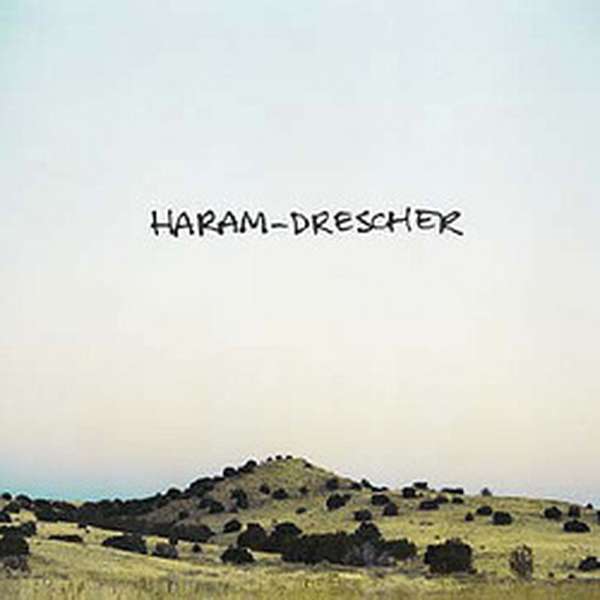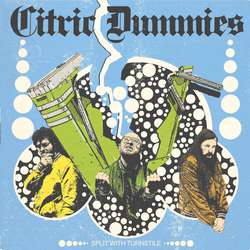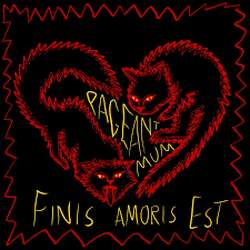It's pretty ridiculous to look back on the career of Pg.99 and sort through all the bands that came out of their existence and their ever-rotating members. While many were short lived or are defunct, there are handfuls that still are actively playing. One of these is Haram, with Mike Taylor and Kevin Longendyke moving on from Pg.99 to conqueror more musical endeavors. Drescher is the bands second release after their debut on Lovitt came out in the beginning stages of 2006, and since then the band has gone through numerous changes. The band added a bass and guitar player, and all but one member of the band takes on vocal duties. The results could have been haphazard, but with the bands' vast experience, things came together nicely.
"Drescher Clock" is the album's first and one of the best songs on Drescher, with the band's musical prowess fully apparent. There are no great buildups or climaxes, just smooth transitions that come with every band member knowing one another through previous bands and tours, finally forming as a collective. While the vocals are lively and energetic, it quickly becomes apparent that lyrics are not the bands' strong suit. While sounding perfectly fine, the songs' chorus, "To the hospital with a great big headache / Fill up your nose, fill up your lungs / Ammonium and smelling salts / Can you face it, can you wake up?" is selling itself short of the bands musical abilities. The trend continues throughout Drescher, as vocals and instruments mix perfectly well but can't find any lyrical eloquence with the ability to captivate.
While the first few songs of the nine song Drescher can be described as catchy, mid-tempo indie rock, the speed changes with "Fever Sleep," vocalists and mood switching with little warning. "Fever Sleep" slows things down, preferring droning guitar notes and ambient bass lines to quick moving tempo-changes. That being said, "Centrum" is up next, the shortest and most aggressive song on Drescher.
Paying homage to Mike Taylor's other band, Pygmy Lush, "Death Blues," lets the music speak for itself, vocals in the background adding a calming effect to the slow and deliberate structure of the song. Drescher ends much like it began, music and vocals still searching for a lyrical counterpart but strong enough to carry themselves without it.
Drescher clocks in at thirty-one minutes, generally the amount of days an ex-Pg.99 band takes to form, tour, release an album, and break up. Haram has tested that timeline, although there have been rumors about their break-up. Regardless, Drescher is a worthy counterpart to the band's debut, and will serve as a marker not only as an ex-Pg.99 band, but as a distinct D.C. band as well.






